Meet the New Pope
As The New York Times points out, Jorge Mario Bergoglio of Argentina is the first non-European pope in more than 1,000 years.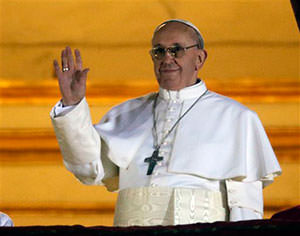
As The New York Times points out, Jorge Mario Bergoglio of Argentina is the first non-European pope in more than 1,000 years.
He’s 76 and he’ll be changing his name, as you do, to Francis.
Bergoglio takes over from Pope Benedict XVI, who became the first pope to resign in almost 600 years. Indeed, the new pope has many urgent crises to address, from a troubled Vatican bank to the seemingly endless sex abuse scandal.
For those keeping score at home, Francis is the third pope in a row not born in Italy. Although that country has the most cardinals and a well-known sense of pride (Italians held the papacy for 455 years before John Paul II), the Catholic Church continues a streak of symbolic choices. Benedict, of course, was from Germany, birthplace of the Protestant reformation and a hotbed of European secularism. John Paul II, the previous pontiff, was from Poland and he was elevated in 1978, a time when the Vatican sought to increase religious freedom in the Soviet bloc. Now we have Francis, born in the New World, where most Catholics live.
It’s far too soon to know what sort of pope Francis I will make, but we do know something of Cardinal Jorge Mario Bergolgio. That’s because he was apparently the runner-up to Benedict XVI the last time the Vatican held a papal conclave. The following profile is from the National Catholic Reporter:
Though it’s hard to say how seriously one should take the specifics, the general consensus is that Bergoglio was indeed the “runner-up” last time around. He appealed to conservatives in the College of Cardinals as a man who had held the line against liberalizing currents among the Jesuits, and to moderates as a symbol of the church’s commitment to the developing world.
Back in 2005, Bergoglio drew high marks as an accomplished intellectual, having studied theology in Germany. His leading role during the Argentine economic crisis burnished his reputation as a voice of conscience, and made him a potent symbol of the costs globalization can impose on the world’s poor.
Bergoglio’s reputation for personal simplicity also exercised an undeniable appeal – a Prince of the Church who chose to live in a simple apartment rather than the archbishop’s palace, who gave up his chauffeured limousine in favor of taking the bus to work, and who cooked his own meals.
— Posted by Peter Z. Scheer.
Your support matters…Independent journalism is under threat and overshadowed by heavily funded mainstream media.
You can help level the playing field. Become a member.
Your tax-deductible contribution keeps us digging beneath the headlines to give you thought-provoking, investigative reporting and analysis that unearths what's really happening- without compromise.
Give today to support our courageous, independent journalists.

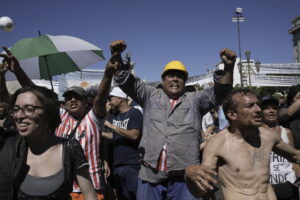
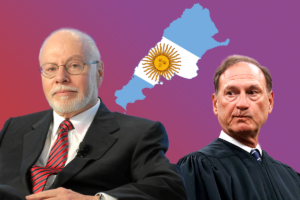

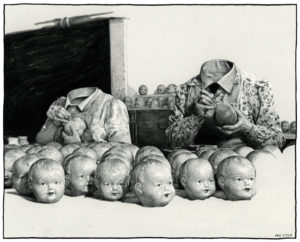
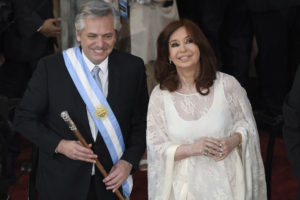
You need to be a supporter to comment.
There are currently no responses to this article.
Be the first to respond.